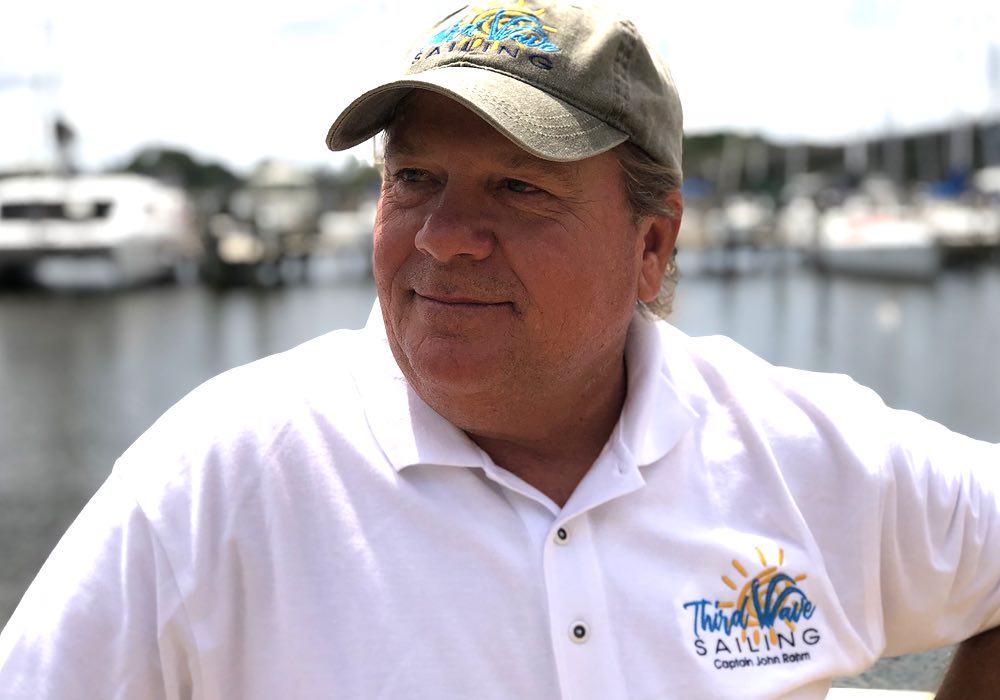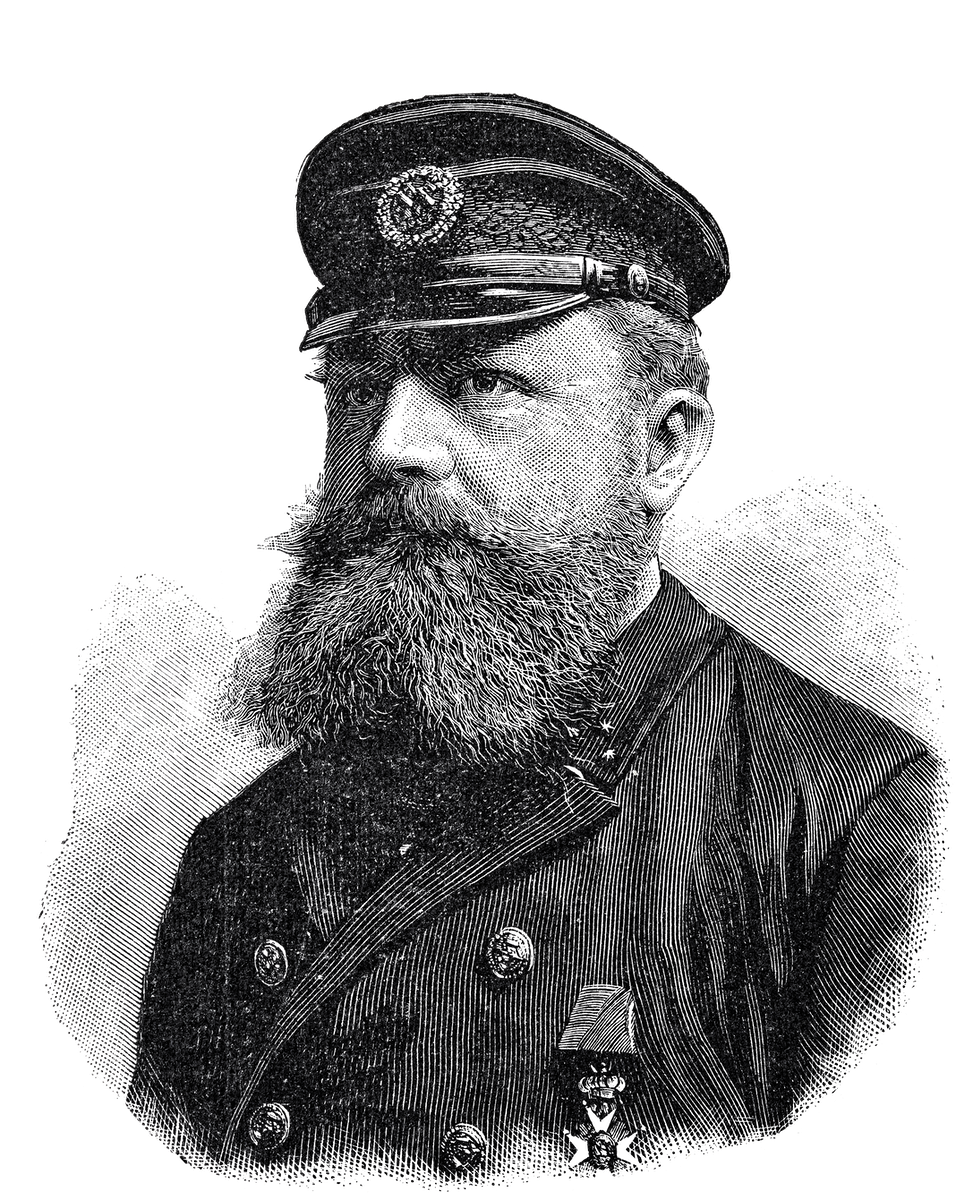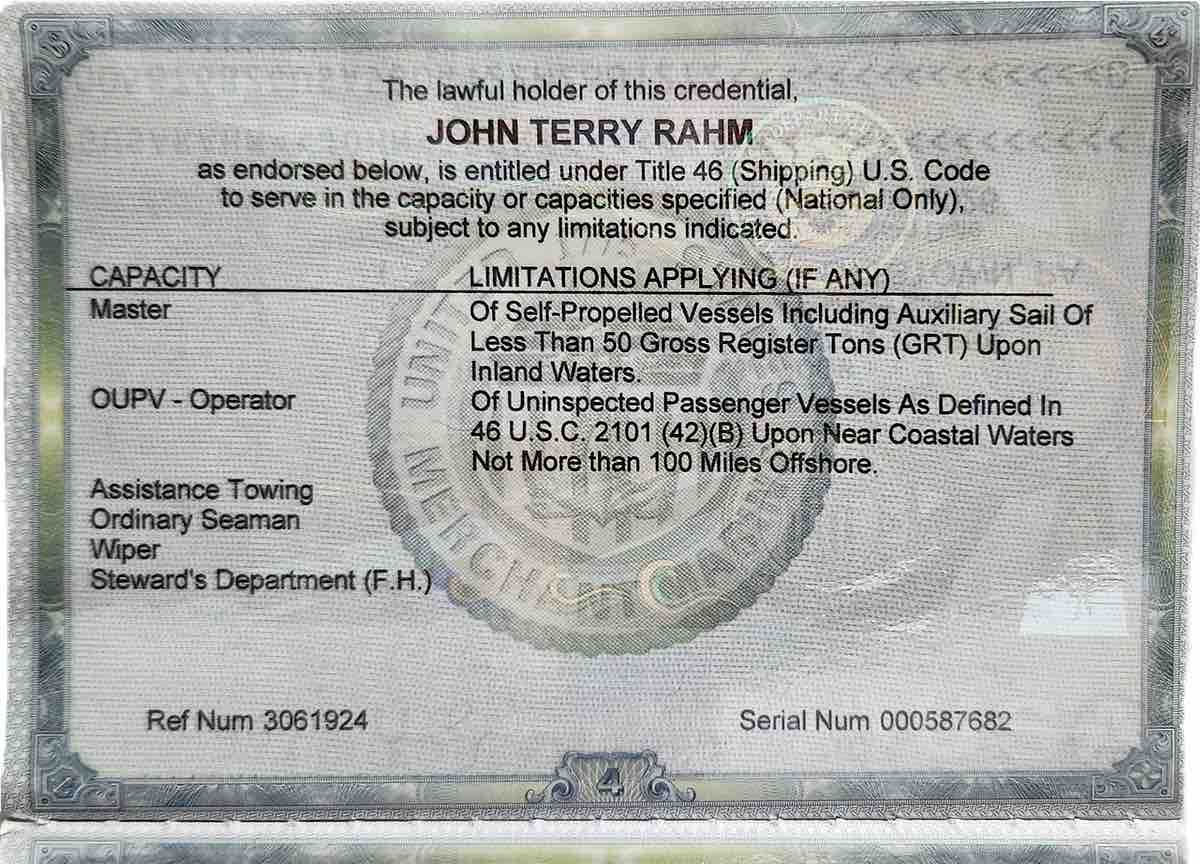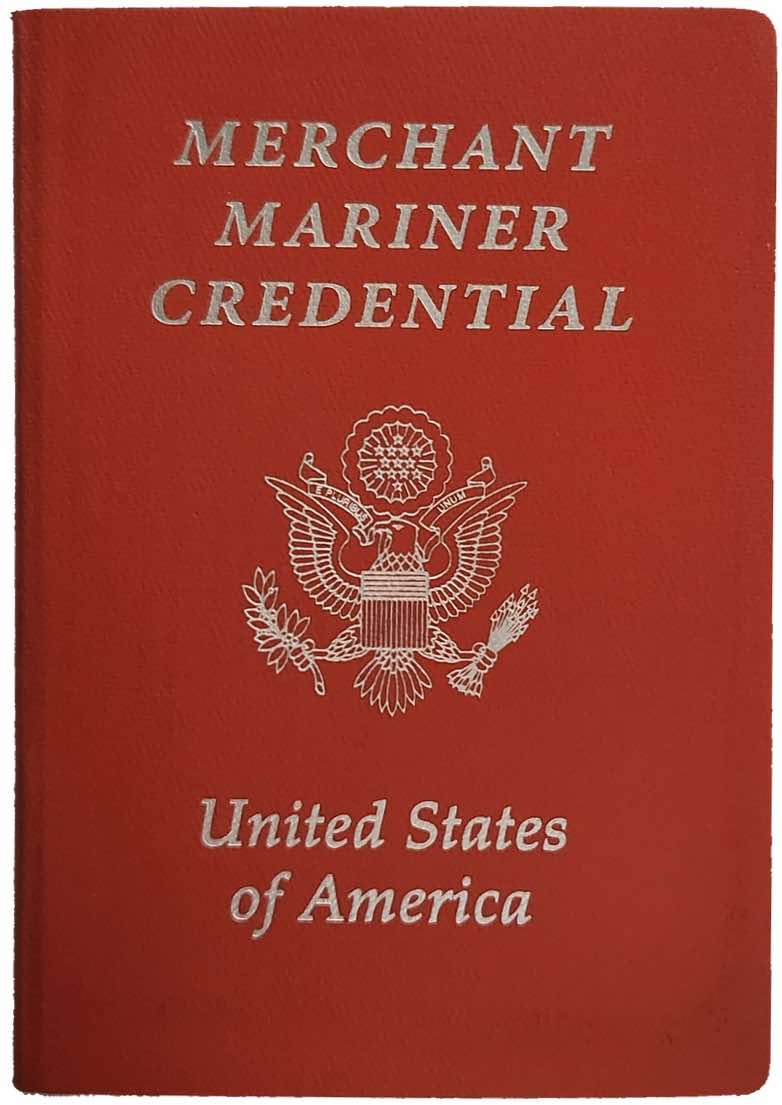It's Wednesday January 7, 2026

September 2023
Here in Oriental, if you swing a dead cat in the air, it will land on someone with a captain’s license. (Apologies to PAWS, the Pamlico Animal Welfare Society)
What is a Captain’s License?To earn money piloting / driving a boat, one must possess a current captain’s license appropriate to the vessel. Be aware: if you make your drinking and / or fishing buddies share in the costs of your boat, you need a license to be legal. When collecting consideration (money) from passengers, the law is very specific.The law is the Passenger Vessel Safety Act of 1993. It clearly defines what a “paying” passenger is considered to be. This law is found in Title 46 of the U.S. Code of Federal Regulations, and in part states:
“Passenger-for-hire means a passenger for whom consideration is contributed as a condition of carriage on the vessel, whether directly or indirectly flowing to the owner, charterer, operator, agent, or any other person having an interest in the vessel.”
Passenger means an individual carried on a vessel, except:
- The owner or an individual representative of the owner
- The master (Captain)
- A member of the crew engaged in the business
So what is Consideration?Additionally, employees or business clients that have not contributed for their carriage, and are carried for morale or entertainment purposes, are not considered as an exchange of consideration.
Bottom line to stay legal: if you are a recreational boater, you are allowed to share expenses for a day on the water. Just don’t make payment mandatory if someone wants a boat ride.
Requirements of a Captain’s LicenseRequirements are straightforward. One must:
- Be at least 19 years old
- Be a US citizen or have lawful permanent residence in the US
- Have 360 days on an appropriate vessel and 90 days within the previous 3 years
- Pass a Coast Guard exam, preferably with the help of a training center
- Have a TWIC card, a medical certificate, a CPR and first aid certification, and a drug test result
TWIC stands for Transport Workers Identification Card. The Department of Homeland Security requires it, and it identifies you as a transport worker. (The requirement for this card has changed and may not be required if a captain does not pass through customs.)
Types of LicensesThe most common license is the Operator of an Uninspected Passenger Vessel (OUPV) license.The OUPV is commonly called the Six-Pack License. It allows the holder to carry up to six paying passengers plus crew on uninspected vessels up to 100 gross tons. These are usually recreational vessels that are normally engaged in charter fishing, scuba diving, or tour cruises.
The follow-on 25, 50, or 100-Ton Master License allows the holder to operate inspected vessels as well as uninspected vessels. Any vessel that is authorized to carry more than six paying passengers must have on board a captain who holds a Master license. Ferry boats, harbor tour boats, whale watching, and water taxis are all types of inspected vessels.
There are also several endorsements that can be added to a captain’s license.
- Towing endorsement – issued to those who hold a Six-Pack or Master License and would like to engage in assisting vessels for a fee.
- Commercial towing endorsement – to commercially assist other vessels that may be aground, disabled, out of fuel, or experiencing some other malfunction.
- Licensed masters or mates may also be endorsed for sail or auxiliary sail as appropriate.
To further complicate, licenses can be geographic: Coastal, Offshore, Great Lakes etc. Take me as an example; I hold an inland 50-ton Master’s License and a near shore (100 miles) OUPV.
The GoodnessThe goodness in the license is the knowledge. Captains know the rules. From right-of-way and navigational aids to lights, Captains are savvy.The Captain’s course removes uncertainty and enhances confidence which leads to better boating. Even if you are not planning to earn money as a captain, the course is a great investment. Here in Oriental, boaters have invested in themselves. Hence, a dead cat flung into the air would usually land on a captain. (Good thing)
Qualifications and endorsement on Captain Rahm’s license.The BadnessThe badness in the license is the liability. Licensed captains acting in a professional capacity are responsible for the operation of any boat.Yes, this responsibility / liability is not just urban legend. How do I know? As a part of my captain’s insurance, I have 24/7 access to an attorney who specializes in maritime law.
Somewhat sad, there is so much litigation in the maritime industry that my insurance company, for their insured captains, views this expensive 24/7 access to an attorney as good investment.
Anyway, when asked about liability, my maritime attorney says….
Negligence(the non-attorney, short version)In order for a plaintiff to prove a captain’s negligence, there must be four components present.
- Duty. A paid professional relationship must exist. In short, the captain must be hired
- Breach. This is action or inaction that leads to damage
- Cause. The captain must be the source that leads to damage
- Harm. Actual damage must occur
Of note, without all four components, there are many meritless lawsuits filed with the hope of recovering at least some of the costs.
Here in Oriental, my client friends are not going to sue me if I damage their boat; the boat will go to the yard for repairs. The owner’s insurance company will pay the claim and most likely sue me to recover their costs. Captains get sued by insurance companies, not by boat owners. So, Captains acting in a professional capacity without insurance, are shouldering a lot of personal risk.
Also, owners who pay non-licensed friends / individuals for captain services risk non-payment of any insurance claim. Maritime insurance companies are notorious for non-payment reasoning. Maritime insurance companies make a pack of wolves appear friendly. (Editorial comment)
Be forewarned: when hiring for captain services, lay your eyes on a current and valid captain’s license along with the captain’s certificate of insurance. Failure to verify licenses and insurance is viewed as negligence and may result in non-payment of your insurance claim.
Trust, but verify.
You, too, can have a Merchant Mariner Credential.Good Samaritan LawsUnlike a licensed nurse or doctor, a captain’s license does not create responsibility.Nurses and doctors are required to render assistance to the extent possible and are protected by good Samaritan laws. These obligations do not exist under maritime law.
Yes, boaters are obligated to assist those in distress. But, Captains not acting in a professional capacity are under no obligation to intervene with their expertise. When on the Minnesott Ferry, I am not required to jump from my vehicle, and assume the helm to prevent grounding of the ferry.
World Wide Marine TrainingA few miles from the Oriental town limits is World Wide Marine Training.This is the place, and best way, to get a captain’s license. The school is a wonderful, close-by resource. And one of the reasons an airborne dead cat will land on a captain here in Oriental. Highly recommended.
The Big ClosingGood boating requires good education. A captain’s license is one of the best ways to enhance your knowledge. Invest in yourself and have the boating experiences you deserve.Fair winds,
Captain John Rahm
Master for hire
And with a lot of insurance…
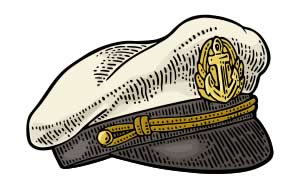 Captain's Blog on TownDock.net is all about making your time on the water enjoyable. Captain John Rahm teaches sailing and boat handling at Third Wave Sailing. Captain's Blog on TownDock.net is all about making your time on the water enjoyable. Captain John Rahm teaches sailing and boat handling at Third Wave Sailing. |
